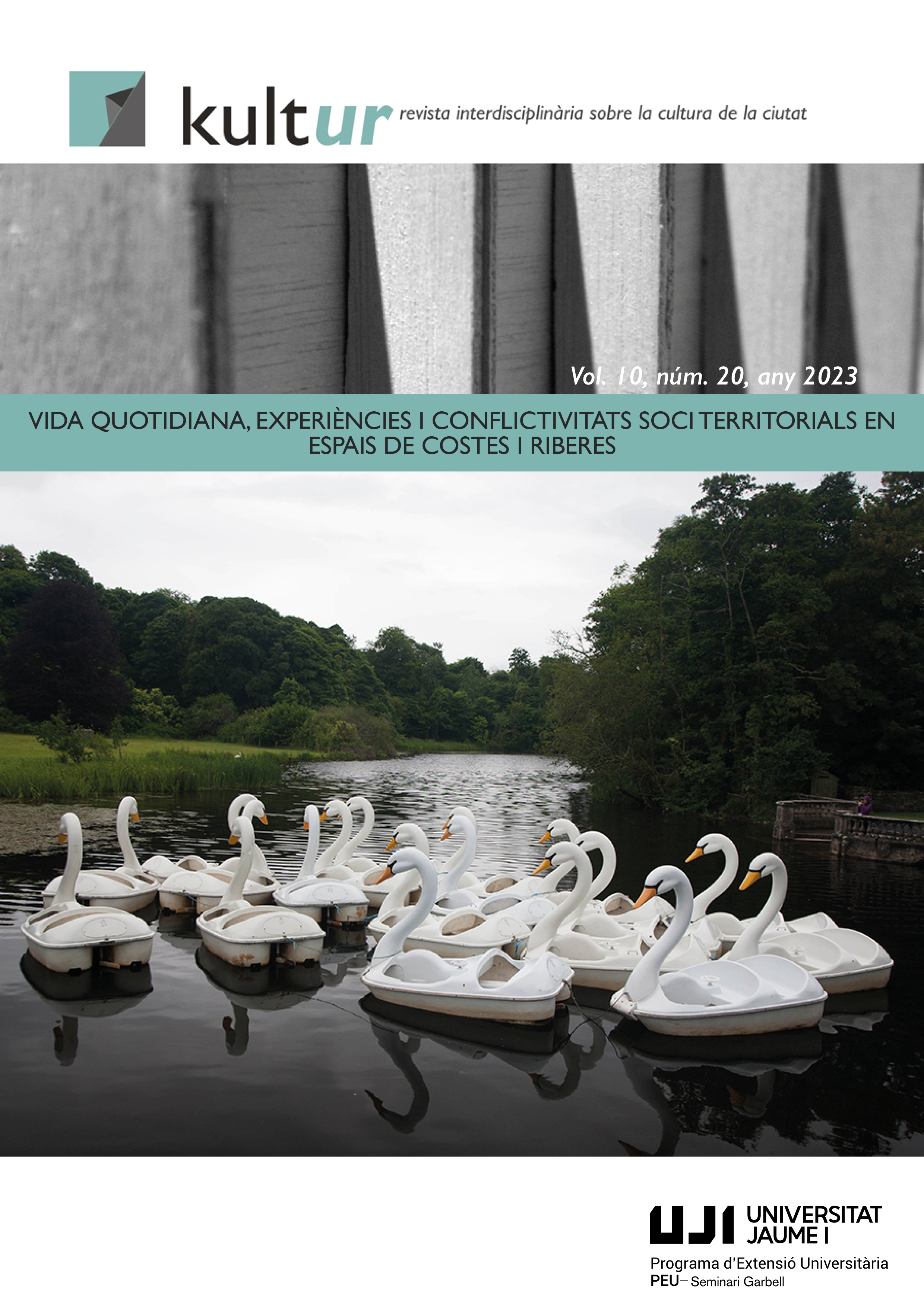ROOTING AND PROJECTS FOR THE FUTURE OF YOUNG PEOPLE FROM THE PARANÁ RIVER DELTA (BUENOS AIRES, ARGENTINA)
Main Article Content
Abstract
Nowadays, rural youth migration is a matter of social and academic concern. In Latin America, studies on rural youth have shown that it is not possible to explain them solely under an economic rationality and have begun to wonder about their unique trajectories and expectations. This article aims to analyze expectations and projects of future of young students from two high schools in the Buenos Aires Delta of Paraná River, considering the intersectionality of generation, gender, and social class. The methodological strategy involved participatory workshops to inquire about their personal and family daily life in the islands and the time capsule technique to reveal their projections. The material produced by students was analyzed through four dimensions: main activities that they plan to carry out, professional areas where they project to be inserted in, academic careers chosen for studies, and place of residence. To contribute to the debate on youth permanence in rural spaces, it was evidenced that the intersectionality of social markers determines unequal starting positions that affect the projection of dissimilar future trajectories in terms of possibilities, and the importance of considering the place of residence as a factor that delimits the imaginable life alternatives for youth.
Downloads
Article Details

This work is licensed under a Creative Commons Attribution-NonCommercial-NoDerivatives 4.0 International License.
All the contents of kult-ur journal are distributed under the Creative Commons Attribution-ShareAlike 4.0 International (CC BY-SA 4.0), unless otherwise indicated. Click to see basic information and the legal text of the license. The indication of this license CC BY-SA 4.0 must be expressly stated in this way when necessary.
Funding data
-
Universidad de Buenos Aires
Grant numbers ARS$85.800
References
Los autores agradecen a Laura Dayan, Micaela García, Julián Monkes Damián Ortiz y Manuela Prola por su participación en la coordinación de los talleres.
El trabajo fue financiado por la Universidad de Buenos Aires a través de un subsidio UBANEX 12 para el período 07/2021-10/2022, dirigido por el segundo autor y codirigido por la primera autora. Complementariamente, la Universidad de Buenos Aires también contribuyó con el financiamiento a través de un subsidio UBACyT 2018 dirigido por la Dra. Cynthia Pizarro.



.png)